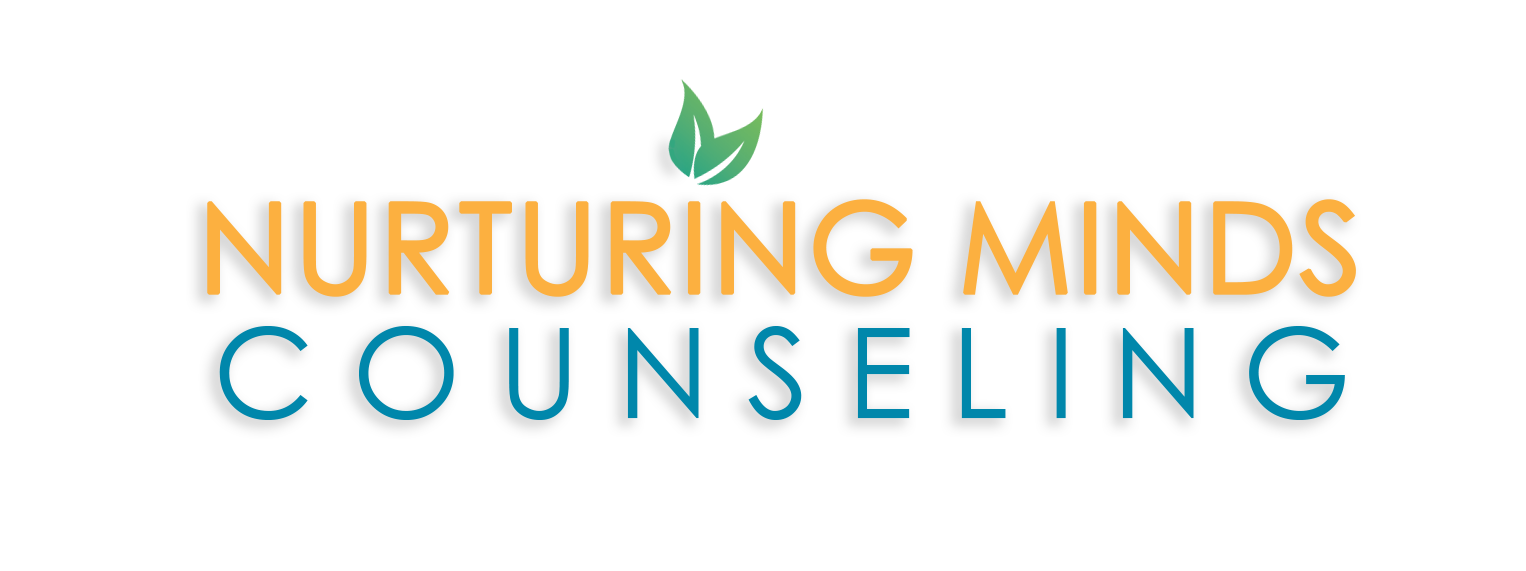6 Tips to Work on Yourself

Are you working on your most important relationship?
Of course, I’m talking about your relationship with yourself. If you haven’t thought about it, that’s completely normal; many people overlook this important connection. The good news is, you can start focusing on it as of today. If you’re up for it, check out these 6 straightforward tips to help you get going.
Table of Contents
Watch Video: 6 Tips to Work on Yourself
Read Blog: 6 Tips to Work on Yourself
1st Tip to Work on Yourself: Spend Time Getting to Know Yourself
The first tip that I have is to spend some time getting to know yourself. It’s important to nurture a relationship with yourself where you understand your likes, dislikes, values, passions, and what you want out of life. These things may change throughout life, but it’s going to inform you of the way you show up in different areas of your life. If you know what type of values you value in yourself, it’s going to help you understand what values you want in a relationship.
It’s important to dedicate time to getting to know yourself and be curious about that. Have a playful attitude. What did you think when you were a kid? Did you think you’d be at this point in your life and be doing this, or are there certain things about your life that you find aren’t exciting or feel fulfilling? Spend some time to nurture that relationship with yourself and get to know yourself a little bit better.
2nd Tip to Work on Yourself: Increase Self-Acceptance
Tip number two is focusing on self-acceptance and nourishing a relationship with yourself where you can accept and hold space for all the different parts of yourself. We all have things about ourselves that we like, enjoy, and are proud of. However, it’s also acknowledging that there are parts of ourselves that may be more painful or difficult to look at, but can we need to have a relationship with these parts of ourselves that’s based in self-acceptance, self-love, and self-compassion. Just because they’re part of ourselves, that doesn’t mean that we have to allow them to dictate the way we show up in our lives or relationships.
We can change the relationship we have with them so that we can remove their power. When I talk about self-acceptance, I also talk a lot about leaning into more self-compassion. It’s changing the way that you talk to yourself and the way you treat yourself. If there are certain parts of yourself, your history, or past that are painful, you need to work through that so you can start to give yourself the nurture and love that you didn’t receive in different points of your life. That’s a process that’s not a one and done. It’s a process to shift this relationship that you have with yourself by focusing on self-acceptance, self-love, and self-compassion.
3rd Tip to Work on Yourself: Know Your Patterns & History
The next tip is about knowing your patterns and your history. This is more about not just knowing yourself but understanding your upbringing, childhood, important relationships, attachment, history, and past relationships. There may be certain patterns that you’ve picked up on that are no longer helpful or were serving you at some point, but don’t serve you anymore. This may be doing a little bit of your individual work doing some therapy and exploring the relationships that you had with your parents when you were growing up.
Whatever the case is, assess what tends to be your go-to move. Are you someone that tends to avoid relationships or avoid being close and vulnerable in a relationship because you never learned that that was safe? Or do you tend to pursue relationships and anxiously cling on to them, but at times that means that you push people away or you cling on to relationships that aren’t going to meet your needs? It can be very distinct and unique to yourself, so this tip is understanding your patterns and understand if there’s any history that’s contributing to these patterns so that you can start to work through them. The truth is, if they’re going to continue showing up in your life in a way that’s no longer helpful, then you need to understand what you need to move through in order to change those patterns.
4th Tip to Work on Yourself: Embrace Being Alone
This next tip is about embracing being able to be alone. I say that both in terms of being comfortable being single, but also if you are in a relationship. Embracing having your own time, your own hobbies, being able to go to the movies by yourself, and travel by yourself. I know this can be uncomfortable. I think there’s a lot of focus on being in a relationship or being with friends, and I absolutely think that’s important. But I also think that it’s important for you to be comfortable being alone.
I know this was something that was hard for me because that just wasn’t something that I was taught or shown. I think when I got out of grad school, I made it a point to be alone. I had a trip plan, but the plan shifted when the person I was supposed to go with could no longer attend. I still wanted to go on this trip, so I booked the trip by myself. I do recall feeling a little nervous and scared. Afterwards I felt proud. I had a great time, and I made connections with new people. Because I was alone, I think it forced me to go outside of my comfort zone a little bit, but I also appreciated that I had that sense of confidence afterwards that I could do that and have fun.
You don’t have to do a trip alone, but find ways that you can embrace the solitude. If you can’t be alone, either romantically or just by yourself, that could then mean that you stayed in relationships or you cling in relationships with people just to avoid your own company. You want to get to the point where you enjoy your own company.
5th Tip to Work on Yourself: Practice Self-Care
This next tip is focused on practicing self-care. I know that’s so cliché, but that’s the truth is that we need to focus on the things that are going to keep us going. We don’t want to be constantly running on zero. Going back to the basics, focus on some movement, nutrition, health, your relationships with others, your spirituality, finances (because there’s also an element of self-care financially).
I’d encourage you to think about if you’re prioritizing self-care. When you think about the relationship with yourself, it’s not just shifting the way you react to yourself, but it’s also being clear that your behaviors are inline with taking care of yourself. Just like, you’d encourage a loved one to make sure they’re on top of their doctor’s appointments or making sure they’re moving their body, you should also prioritize that for yourself.
6th Tip to Work on Yourself: Set Goals for Your Self-Growth
Set some goals for yourself. When I say goals, I mean focusing on your areas of growth. Think about certain goals for yourself that you want to focus on or if there are certain patterns you want to change. Are there certain ways that you want to change in terms of how you show up for yourself? Self-care can be a goal. How you show up in a relationship is based on your relationship with yourself, so setting mini goals for yourself can help you have very clear sense of what you’re working towards and what the actions are that you’re doing to work on those goals.
Instead of focusing on a rigid outcome or perfectionism, focus on enjoying the process. You’re never going to stop working on your relationship with yourself. Nurturing that relationship with yourself looks now might look different in five or ten years depending on what’s going on in your life.
In closing, it’s important to prioritize your relationship with yourself. I see so many people that tend to lose themselves in a career, a family, having kids, all these other areas in your life that then you start to lose this relationship with yourself. You start to not prioritize spending time with yourself, knowing yourself, and dedicating time to yourself. I think that’s a disservice to yourself.
Which of these different tips do you think you need to prioritize the most, and which is the one that resonated with you?
Next Steps
- If you feel like you could benefit from therapy as you work on yourself, you’ll find more information on this page to help guide you.
- If you need extra resources and supportive coaching instead of therapy, feel free to explore my coaching business. I’m here to help!
As always, I encourage you to continue nurturing your mind, body, and soul, whatever that looks for you!
